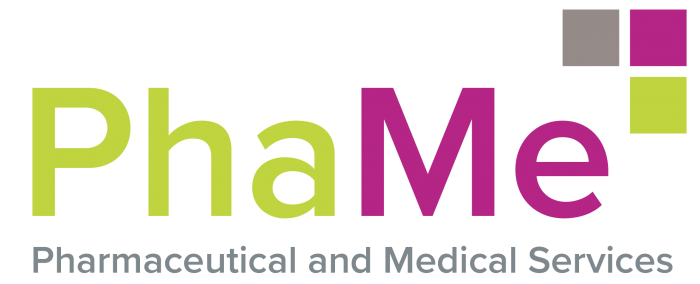Behind the Regulations: How to Supply Pharmaceuticals with Foreign-Language Packaging in Lithuania

The disruptions in medicine supply pose a frequent challenge for manufacturers of medicines. This not only hinders patients from obtaining vital medications, but if a medicinal product is reimbursable, it may also be removed from the price list of reimbursable medicines which can negatively impact Marketing Authorization Holders (hereinafter – MAHs) financially. In Lithuania, it is possible to submit an application to the State Medicines Control Agency (hereinafter – SMCA) to supply a medicinal product in packaging prepared in a foreign language. However, there are additional nuances to consider. Furthermore, as of November 1, 2023, changes to the Law on Pharmacy came into effect in Lithuania, specifying that permission is granted for a specific quantity of medicinal product packaging.
Conditions for obtaining the permit include:
- Manufacturers, due to production/supply disruptions or increased demand, are unable to ensure an adequate supply of the medicinal product in Lithuanian packaging that meets patient needs (notification to the SMCA must be submitted).
- In the case of non-reimbursable medicines, there must be no alternative registered non-reimbursable medicines available in sufficient quantities in the market.
Requirements for foreign-language medicinal product packaging:
- Packaging labeling and patient information leaflet must be prepared in another EEA state language using the Latin alphabet.
- Packaging must include security features applicable for prescription and non-prescription medicines listed in Regulation (EU) 2016/161. Exception: medicinal products intended for the EEA state where they belong to medicinal products for which packaging safety measures are not mandatory.
While supplying such medicines, measures to protect public health must be applied. Wholesale distribution companies, along with the shipment of these medicines, must provide patient information leaflets in the Lithuanian language. Additionally, information on where to find Lithuanian patient information leaflets approved by the SMCA or the European Commission, as well as details on where to find the summary of product characteristics, indicating the relevant website address, shall be provided. If necessary, information about the differences between the names of the medicinal product in Lithuanian packaging and the name of the pharmaceutical product for which the permit is issued must also be included.
Terms
Permits are issued within 7 working days from the date of the request. The duration of the permit varies depending on whether the medicine is reimbursable or non-reimbursable, but it does not exceed 1 year.
Medicinal products can be imported into Lithuania and supplied wholesale distribution companies, pharmacies, and healthcare institutions only during the permit’s validity period. One important update is that after the expiration of the permit, pharmacies and healthcare institutions can continue to sell and use the supplied medicines until the expiration date. This means that after the permit expires, pharmacies are no longer obligated to return or quarantine such medicinal products until a new permit is issued.
The permit holder must promptly inform the SMCA of any supply updates and disappeared reasons on which the permit was based. In such cases, the SMCA restricts the validity of the permit, meaning that the importation of medicines with foreign packaging into Lithuania becomes prohibited. However, medicines imported into Lithuania before the permit restriction date can be supplied to wholesale distribution companies, pharmacies, and healthcare institutions until the expiration of the permit validity.
Reporting requirements
The MAH or its representative must provide information about such medicinal products imported into Lithuania to the SMCA. The report must include the date and number of the order by which the permit was issued, the batch number and number of imported packages, as well as the name, strength, pharmaceutical form, and packaging identification code (PAKID) of the registered medicinal product for which the supply in Lithuanian packaging is disrupted. The report must be submitted monthly (by the 20th day of the following month).
This article is written by Miglė Paškevičiūtė who works as Regulatory Affairs Specialist in Lithuania.

Do you need assistance in obtaining a permit to supply medicines to the Lithuanian market in foreign language packages? Do you have questions about this process or require assistance with reporting to the SMCA? Biocodex specialists are ready to help and offers expert assistance every step of the way! Reach out today and let us help you navigate with confidence.


